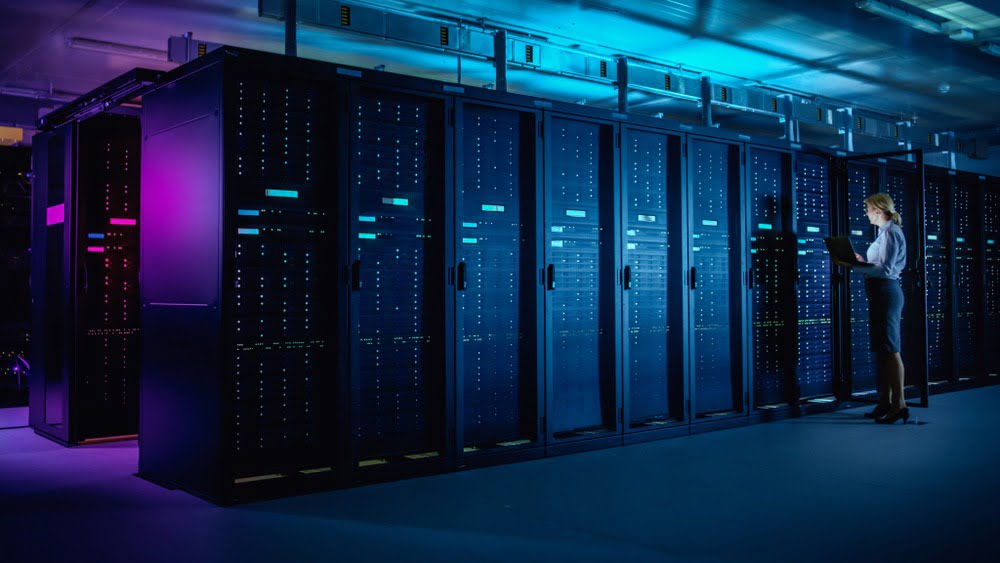
How can data centres get involved in Balancing Services (Demand Side Response)?
Data Centres are one of the most energy intensive businesses and account for around 300 Mt CO2e per year, which is around 1 per cent of global Greenhouse Gas (GHG) emissions. So how can Data Centres get involved in balancing services and why should they consider it?
Balancing services, also known as Demand Side Response (DSR), could be the key for Data Centres looking to play a crucial role in the grid and greater integration of renewables, providing potentially 16.9 gigawatts (GW) of flexible capacity across the UK, Germany, Ireland, Norway and the Netherlands.
Data Centres are one of the most energy intensive businesses and account for around 300 Mt CO2e per year, which is around 1 per cent of global Greenhouse Gas (GHG) emissions. So how can Data Centres get involved in balancing services and why should they consider it?
What is Demand Side Response?
Demand Side Response or DSR is a service offered by National Grid that is designed to help stabilise the balance of the grid. The DSR scheme financially incentivises businesses to turn down consumption or shift their electricity use at peak times. This helps ensure that the grid sustains a continuous level of load and voltage profiles on the network.
Why consider Demand Side Response?
Data Centres that have large generation and storage capacity will be able to support the grid in two ways; frequency regulation and demand-side flexibility. Data Centres typically never fail due to the UPS’s ability to divert power onto and off the grid towards battery storage or other components. Because of this, Data Centres already have everything they need to participate in Demand Side Response.
Whilst some Data Centres have previously been reluctant to get involved in grid support to stay independent from the occasionally unreliable grid, more are seeing the benefits of Demand Side Response and are planning out ways to support the grid.
What are the benefits of Demand Side Response?
DSR can offer Data Centres a wide range of benefits, from financial gain to reduced environmental impact, lower carbon footprint and improved security of supply. DSR also offers energy users:
- Manage their consumption proactively during peak periods, enabling them to avoid higher costs
- Access financial incentives for assisting in maintaining the grid balance
- Generate additional revenue by connecting excess on-site generation to the market
- Real-time energy asset monitoring and insights into operational performance
- Flexibility to support more intermittent renewable generation
How can Data Centres get involved in DSR?
With high energy costs many businesses are moving toward a more flexible approach to managing their energy and assets; from flexible procurement to DSR. Having the ability to rapidly shift consumption when the grid requires power has significant commercial advantages.
There are several ways for Data Centres to get involved in balancing services but every business will have different requirements, which is why it’s best to speak to an expert.
Get in touch today on 01772 689250 or email [email protected].










